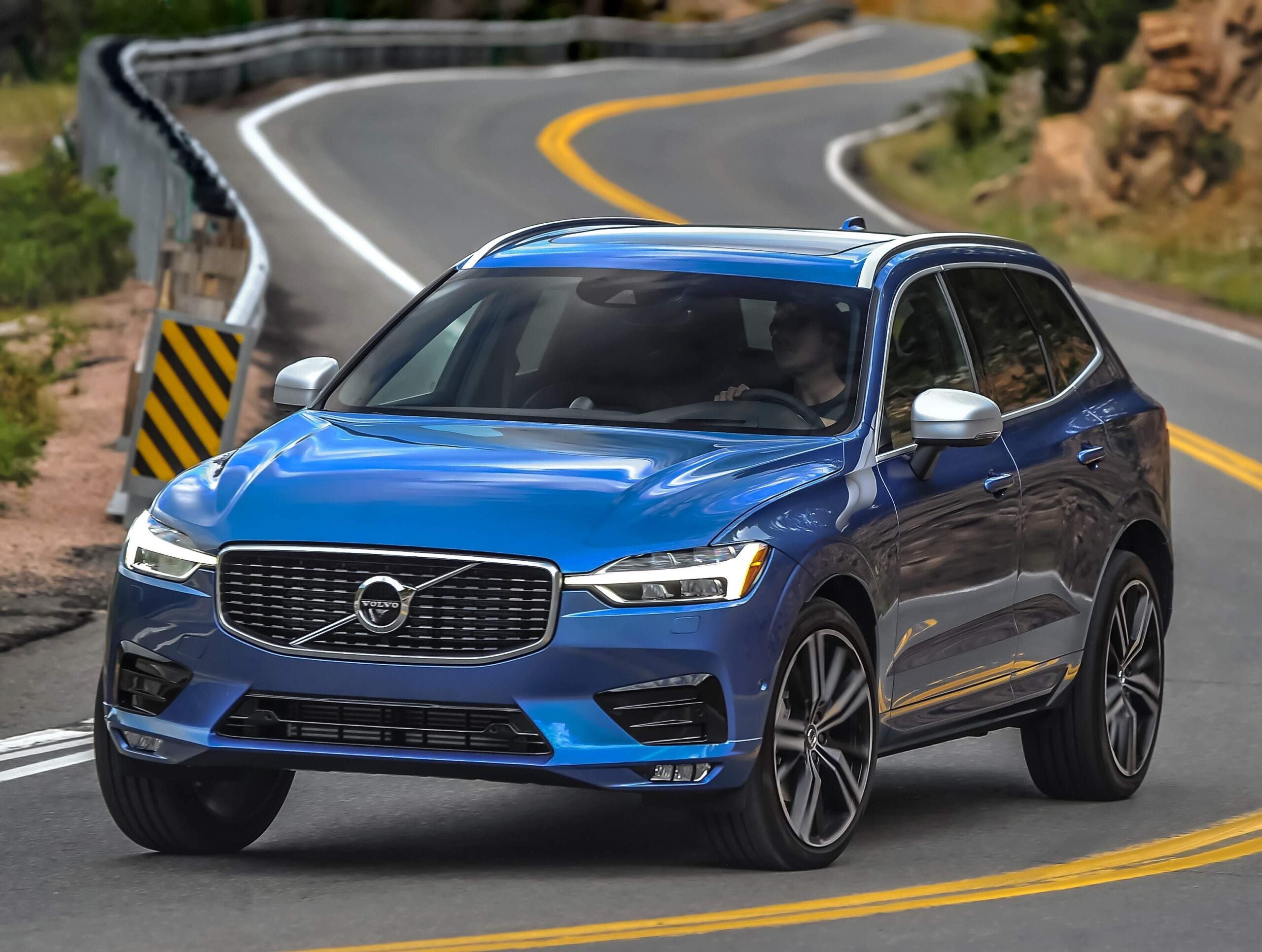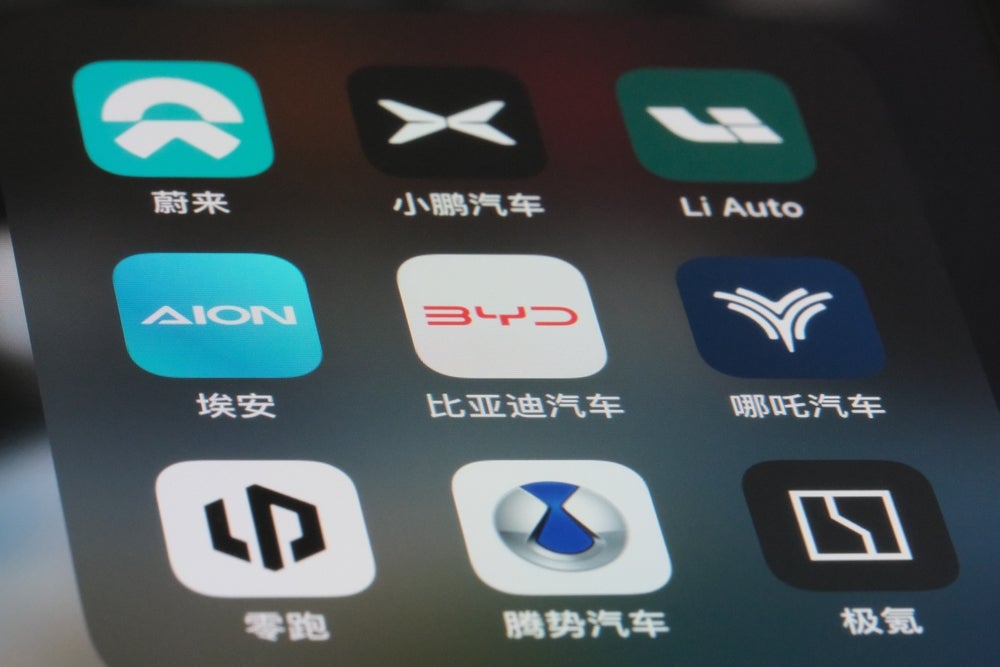
Volvo Q3 results have shown a year-on-year increase in revenue from subscription, leasing and rental business, from SEK 514m (€49m) in the third quarter of 2017 to SEK 623m (€60m).
Operating income for Volvo Cars as a whole was SEK 1.8bn, an EBIT margin of 3.2%. Year-on year there was also a 14% increase in retail sales and an 18% revenue increase.
Volvo president and chief executive officer Håkan Samuelsson said: “During the third quarter, revenues continued to increase, backed by a strong sales momentum in all three regions. Our broader SUV range now stands for over 60% of our total sales and the new XC40 is successfully entering into a growing segment. This has contributed to gained market shares especially in China and the US. Compared to last year, the profitability was influenced by product launch costs, higher tariffs as well as license sales effects.
“Looking ahead, the on-going trade tension is worrisome for the auto industry and for us. In my view, the best way forward should be open, balanced trade with no car import duties for EU, US and China. This would give customers a better availability of cars at
better prices and the fair competition would strengthen the industry in all regions.”
Concerns over international trade tariffs was a stated reason that Volvo announced a delay to its planned IPO in September. Samuelsson also stressed that Volvo Cars will focus on product and vehicle development.
Volvo Cars has been a leading OEM in the development of electric vehicles and mobility solutions.
How well do you really know your competitors?
Access the most comprehensive Company Profiles on the market, powered by GlobalData. Save hours of research. Gain competitive edge.

Thank you!
Your download email will arrive shortly
Not ready to buy yet? Download a free sample
We are confident about the unique quality of our Company Profiles. However, we want you to make the most beneficial decision for your business, so we offer a free sample that you can download by submitting the below form
By GlobalDataIn May, Volvo revealed it would not include a diesel engine option on its upcoming S60 saloon, instead placing faith on petrol hybrids to bridge the transition to electric vehicles.
Volvo Cars and chipmaker Nvidia will also jointly develop an AI-powered computing platform for vehicles, as the two companies deepen collaboration after entering an autonomous vehicle partnership two years ago.






